
10 Nigerians States Spent ₦14.7bn in Nine Months on Allowances, Refreshments Amid Crumbling Infrastructure

Ten Nigerian states, struggling with poor infrastructure, spent ₦14.7 billion (about $9,187,500) on refreshments, honourariums, and sitting allowances over nine months. A report by SaharaReportersshows that this spending continues despite rising debts and a lack of development in these states.
In Katsina State, refreshments and meals reportedly cost ₦335.6 million, while honourariums and sitting allowances added up to ₦78.2 million between January and September 2024. Bayelsa State spent ₦334 million on refreshments and ₦689.5 million on allowances, making a total of ₦1 billion during the same period.
Osun State spent ₦527 million on refreshments and ₦764.3 million on allowances, totalling ₦1.291 billion. Ondo State recorded ₦350.4 million on refreshments and ₦111 million on honourariums. Plateau State spent ₦2.7 billion, while Niger State allocated ₦3.351 billion for similar expenses.
This spending happens while basic infrastructure remains neglected. In Osun State, only ₦122 million was spent on water projects despite a budget of ₦5.290 billion. If half of the money spent on refreshments and allowances had been used, the situation could have significantly improved. In Ondo State, just ₦15 million went to drilling boreholes, even though 62 per cent of the population lacks access to clean water.
Based on World Bank projections, about 40.7 per cent of Nigerians are estimated to live below the international poverty line by the end of 2024. As of 2023, the poverty rate was estimated to have reached 38.9 per cent, with an estimated 87 million Nigerians living below the poverty line — the world’s second-largest poor population after India. Despite these numbers, governments at all levels focus on unnecessary spending instead of addressing basic needs like healthcare, education, and infrastructure.
This poor allocation of resources has heightened poverty levels and left critical areas like roads, electricity, and clean water supply underfunded. States such as Borno, Yobe, and Kogi, which already have serious infrastructure gaps, are among the worst affected. Many residents believe that even a small portion of these funds could make a big difference in improving living conditions and addressing pressing needs if used for essential projects.
Read More:
Tinubu’s Recent Visit to France: Should Nigerians Be Concerned?
Afe Babalola: Court Halts Sale of Dele Farotimi’s Book, “Nigeria and Its Criminal Justice System”
About The Author
Related Articles
Peter Obi Joins Protest at National Assembly Over Election Reforms
Former presidential candidate Peter Obi joined protesters at the National Assembly in...
ByWest Africa WeeklyFebruary 9, 2026Manufacturers record N1.8 trillion in unsold goods
Nigeria’s manufacturing sector is facing a deepening crisis as the value of...
ByWest Africa WeeklyFebruary 9, 2026Germany, England, Nigeria Set for Beach Soccer Event in Ghana
Ghana is preparing to host an international beach soccer festival that will...
ByWest Africa WeeklyFebruary 9, 2026South East Residents Get Relief as Sit at Home Is Cancelled
Nnamdi Kanu has announced the cancellation of the long-running sit-at-home order that...
ByWest Africa WeeklyFebruary 9, 2026




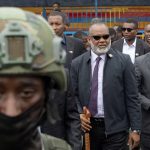
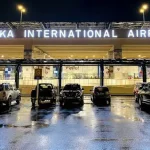


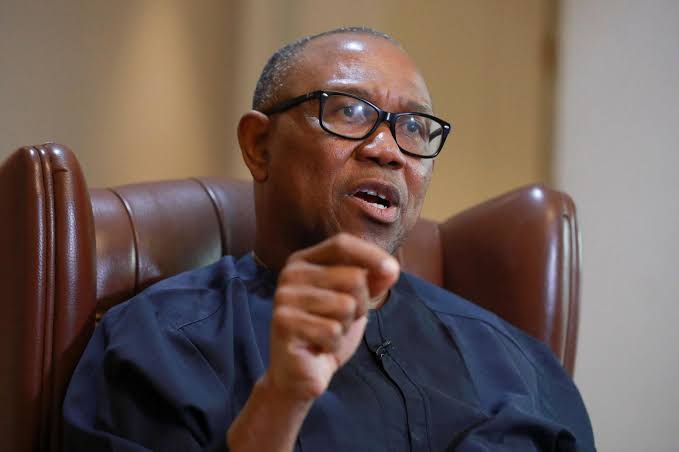
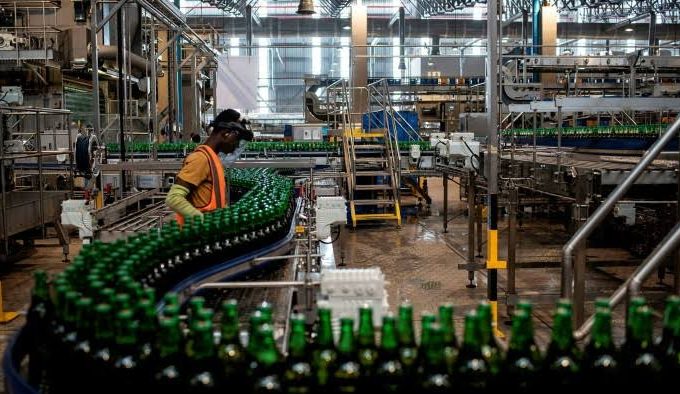

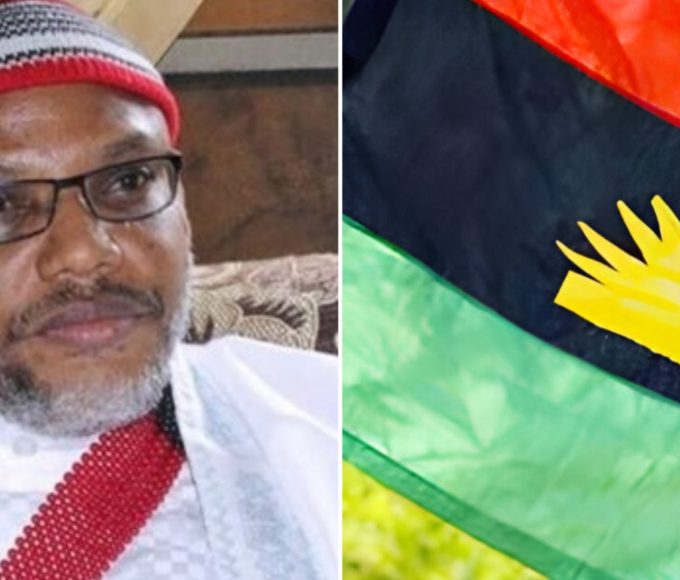
Leave a comment